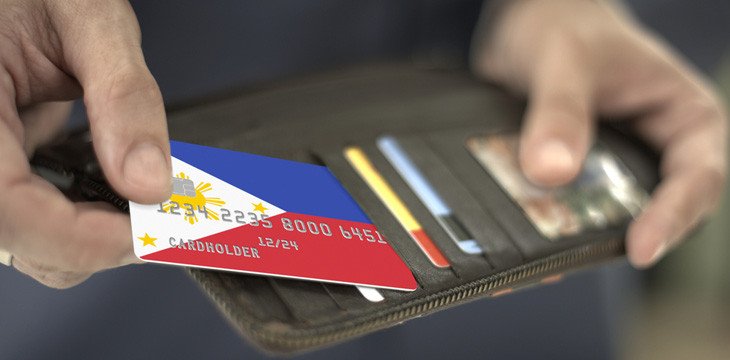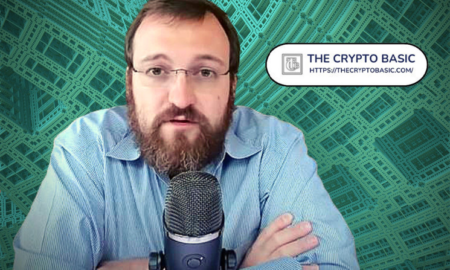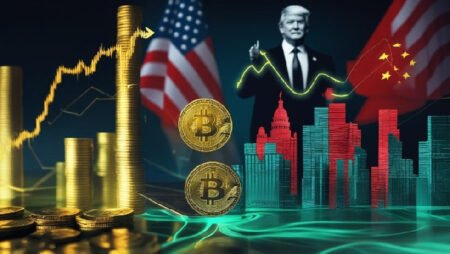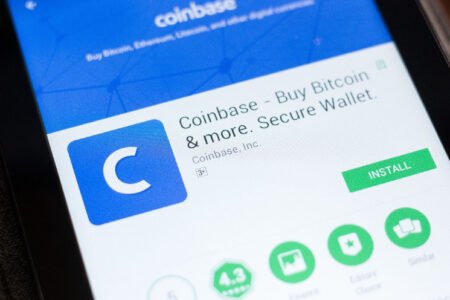The Bangko Sentral ng Pilipinas (BSP) recently announced a significant achievement in the Philippines’ digital finance sector. The share of digital payment transactions in the country has risen from 42.1% in 2022 to 52.8% in 2023, surpassing the central bank’s goal of digitalizing 50% of retail payments by 2023 as outlined in its Digital Payments Transformation Roadmap 2018-2023. BSP Governor Eli Remolona expressed pride in this achievement, emphasizing the importance of moving towards a cash-lite economy. Philippine President Ferdinand Marcos Jr. also highlighted the rise in digital payments during his latest State of the Nation Address (SONA), acknowledging the benefits of cashless transactions for individuals, MSMEs, and agricultural workers.
President Marcos specifically mentioned BSP’s Paleng-QR program, jointly developed with the Department of the Interior and Local Government (DILG). This program aims to promote cashless payments in public markets and local transportation, particularly tricycles, by encouraging local government units to push for the acceptance of digital payments among vendors and operators. The BSP reports that 100 LGUs have conducted launch activities or issued policies in support of the Paleng-QR Ph program, with most located in Luzon. This initiative is part of the broader effort to digitalize payments across various sectors and enhance financial inclusion.
In addition to the increase in transaction volume, the value of digital payments has also seen significant growth. Monthly digital payments in terms of value grew from 40.1% in 2022 to 55.3% in 2023, reflecting a broader adoption of digital payment methods across different sectors. Merchant payments accounted for 64.9% of the total monthly digital payments volume, with person-to-person transfers and business-to-business supplier payments also contributing to the growth. The rise in ownership of transaction accounts, particularly e-money accounts, has further supported the increase in digital payments.
The progress in digital payments adoption and strategic positioning by the BSP is expected to empower Filipino businesses and consumers, contributing to economic growth. BSP Governor Remolona highlighted the transformative impact of digital finance on overseas Filipinos, small businesses, and everyday citizens. The BSP is committed to continuing the growth of digital payments to ensure that the benefits of digital finance reach all segments of the population, promoting financial inclusion and enhancing convenience and efficiency in financial transactions.
As the BSP works towards a more inclusive financial system and paves the way for a digital economy, the future of digital payments in the Philippines looks promising. The successful digitalization of over half of the country’s retail payments is a testament to the effectiveness of BSP’s policies and Filipinos’ willingness to embrace digital finance. By making digital payments more accessible, the BSP is not only enhancing financial efficiency but also playing a vital role in expanding financial inclusion and ensuring that everyone can participate in and benefit from the digital economy.



















